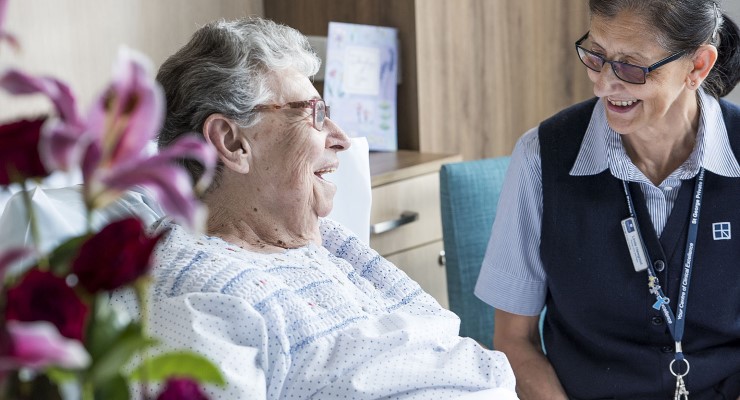
It’s year three of COVID-19 induced disruption and there’s continuing uncertainty over what Australia will do next about the high rates of COVID and scores of daily deaths. But maintaining public morale and effective collective action should be major national goals.
However, there’s no unified messaging coming from the states and territories, especially as schools reopen — a key driver of increased anxiety and loss of trust in our “leaders”.
This follows the sudden shift in public health and political messages over Christmas and the new year. Virtually overnight the federal and NSW governments went from extolling the virtues of collective social action to “personal responsibility”, individual choices and “we just can’t pay for everything”.
The messaging shifted to simplistic “sunscreen” analogies (“It’s just like slip-slop-slap”), even though that was clearly at odds with what was required to reduce viral transmission. What’s less obvious is the adverse impacts on public morale when there’s a sudden shift in government focus from supporting collective and cohesive actions to individually focused or “freedom”-based choices.
What was clear throughout the first year of the pandemic was that state and federal governments had the capacity, financially and structurally, to act collectively and, most importantly, support those in need.
This included the vulnerable, the sick, the poor, the elderly, the unemployed and the homeless. They were not cast adrift on the rocks of “personal responsibility”. They were not abandoned. They were not children of a lesser god.
What is also clear is that the Australian community, unlike the divided US or other dysfunctional nations, strongly supported those actions on our behalf.
Active economic support in 2020-21 through the extended phases of JobKeeper, JobSeeker and their subsequent manifestations markedly reduced inequality and built social cohesion. They extended to providing shelter to the homeless, protecting against home evictions, and increasing health and social services for those in greatest need.
Modelling suggested they substantially reduced the risk of poorer mental health and suicidal behaviour, built public morale, and promoted the hope that a more caring nation was developing.
When it comes to the undermining of public morale, two key themes are in danger of becoming quite entrenched. One is that our governments have abandoned many of us to “sink or swim”. Those with more (health, economic and social) resources will survive but it is no longer the government’s to support those who might drown.
People can now be left to buy their healthcare — rapid antigen tests aren’t free — even when health professionals clearly indicate many are missing out. If the sense of “it’s everyone for themselves” becomes widespread, social pessimism and selfish actions will become endemic.
The second theme is the transformation of the public mood from general “anxiety” (well documented in 2020) to an admixture of fear (“Will we all get sick?”, “Will the children be hardest hit?”), fatigue and general despondency (“There is no easy way out of this”). That loss of public hope and shared optimism (“If we stick together, we can get through this”) will be devastating, particularly for children and young people.
The simplistic politicisation of right-wing “personal freedoms” and a booming jobs market versus left-wing “overreach” of government and an undue focus on counting the deaths of the vulnerable (the aged, the disabled, those with “underlying health conditions”) fails hopelessly to answer the more substantive question:, what should governments be doing beyond their preoccupation with their reelection prospects?
Top of that list should be which government actions could build public morale and sustain smart collective efforts? Linked directly is the question of which policies have the greatest capacity to deliver the most benefits to all the people? Which actions bring us together rather than promoting greater selfishness, disconnection and isolation?
Those who are most at risk have little capacity to hide behind the mask of “personal responsibility”.
As various political, social, economic and health leaders line up to deliver their respective pitches for 2022, it is timely to ask who among them will espouse those genuine human values that emphasise collective responsibility, personal accountability and a generosity of spirit that helps to build a safer and more inclusive community?
One clear lesson of the pandemic has been that a cohesive society, one that doesn’t conflict personal or ideological choices, is more likely to build public morale, engender hope and guide a path to a safer and more mentally wealthy nation.








Crikey is committed to hosting lively discussions. Help us keep the conversation useful, interesting and welcoming. We aim to publish comments quickly in the interest of promoting robust conversation, but we’re a small team and we deploy filters to protect against legal risk. Occasionally your comment may be held up while we review, but we’re working as fast as we can to keep the conversation rolling.
The Crikey comment section is members-only content. Please subscribe to leave a comment.
The Crikey comment section is members-only content. Please login to leave a comment.